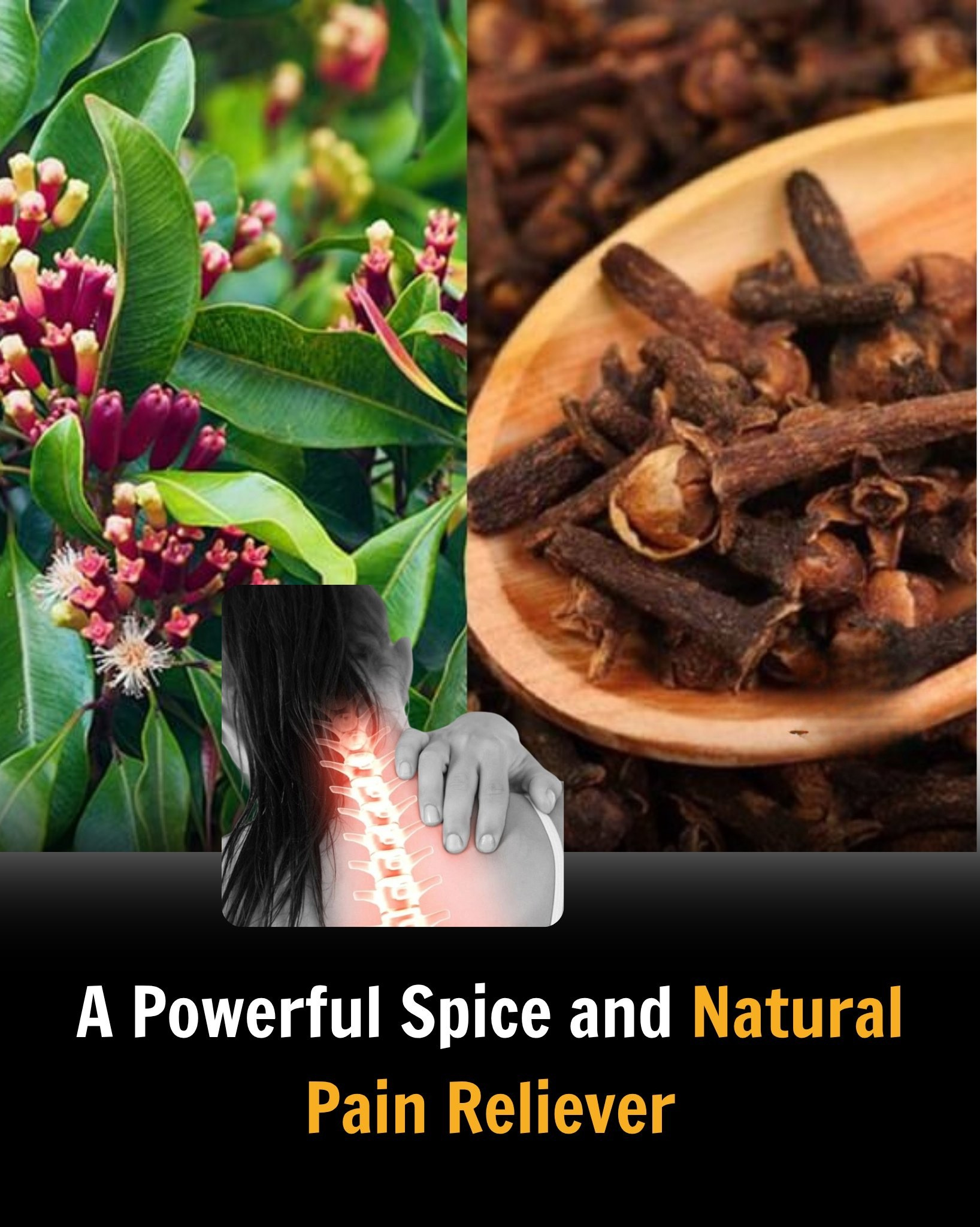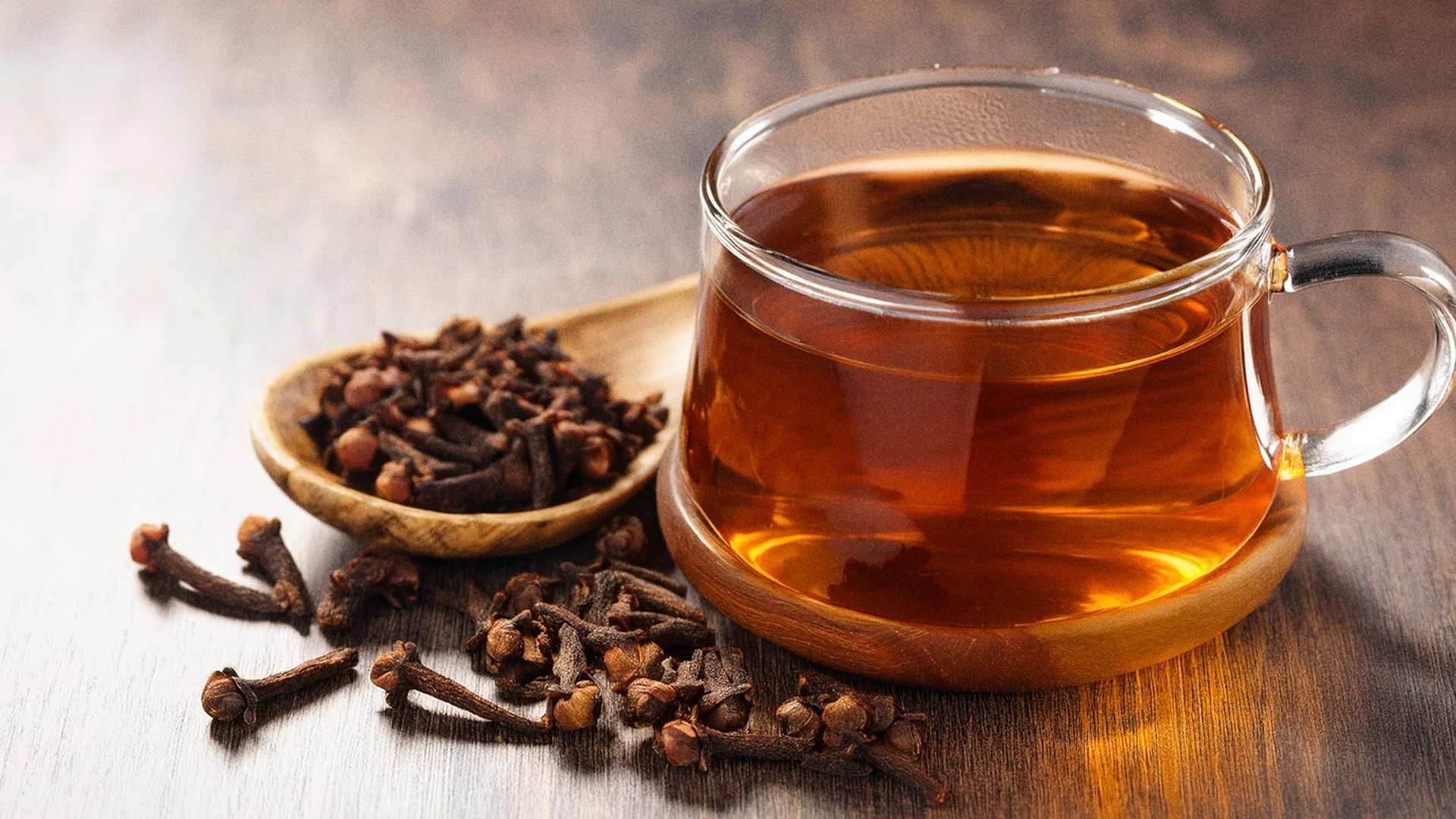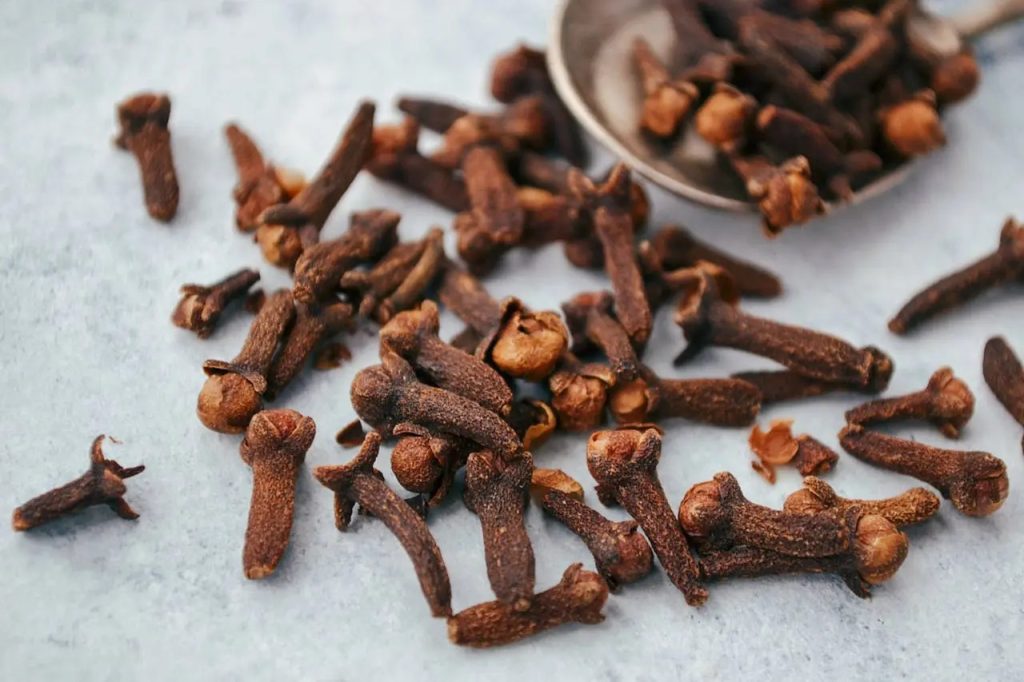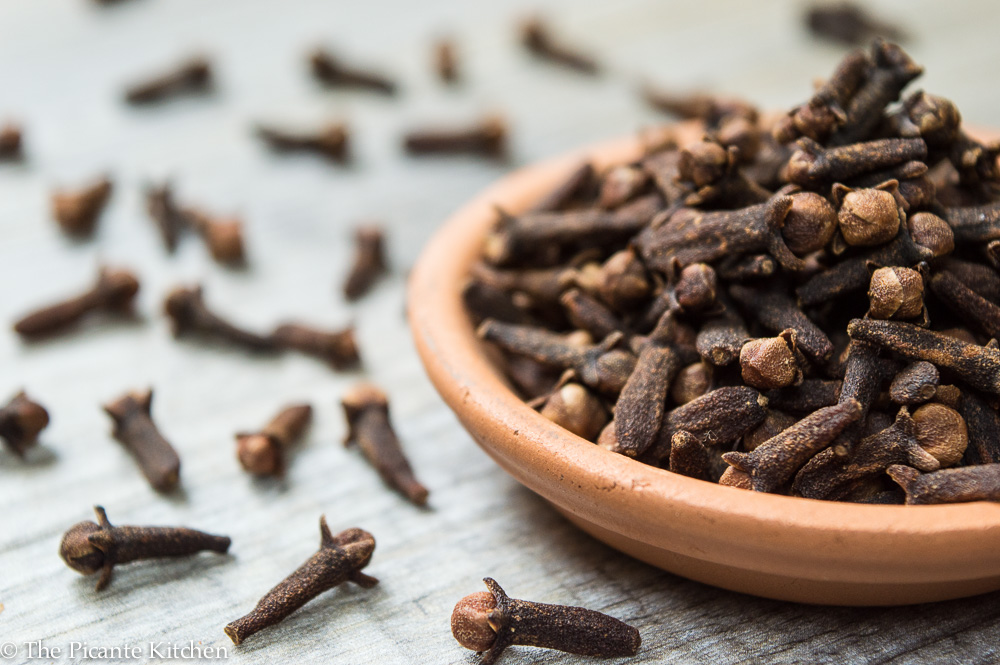
With its warm, distinctive aroma and versatile applications in both culinary and medicinal fields, clove (Syzygium aromaticum) has long been recognized as both a flavorful spice and a potent herbal remedy. This guide explores the health benefits of clove, practical ways to use it—especially for pain relief—and key precautions for safe usage.
- Toothache and gum inflammation: Eugenol acts as a topical analgesic and antiseptic.
- Muscle and joint pain: Clove oil alleviates discomfort from arthritis and sprains.
- Antibacterial effects: Inhibits microbial growth in the mouth and digestive tract.
- Anti-inflammatory action: Reduces swelling and irritation.
- Antioxidant protection: Helps neutralize free radicals that cause cellular damage.
How to Use Clove

- Clove tea: Steep 1–2 buds in hot water for 10 minutes. Drink to ease digestion and reduce pain.
- Clove essential oil: Dilute and apply topically to sore muscles or joints.
- Culinary use: Combine with cinnamon, pepper, or ginger for immune-boosting recipes and spice blends.
Traditional Remedies Using Clove

-
For Sprains and Joint Injuries
Combine clove with cinnamon, ginger, and other herbs. Heat and wrap in cloth to apply as a compress. -
For Nasal Congestion and Headaches
Blend clove oil with peppermint, camphor, and cinnamon. Use as a chest rub or apply to temples. -
For Respiratory Infections
Mix clove oil with eucalyptus, tangerine peel, menthol, and citric acid for steam inhalation or mouthwash. -
For Stomach Ulcers
Grind clove with corydalis, myrrh, and angelica. Take 3–6g in warm water, 2–3 times daily. Avoid during active bleeding. -
For Nausea and Diarrhea
Mix clove with cardamom and atractylodes. Take 2–4g with warm water, 2–3 times daily. -
For Cold Limbs and Rheumatic Pain
Soak clove and camphor in alcohol for 7 days. Use the extract to massage affected areas. -
For Bad Breath
Crush one clove bud and chew slowly or hold it in the mouth. -
For Morning Sickness
Make small pills from clove powder, ginger juice, and sugarcane juice. Suck slowly before swallowing. -
For Persistent Vomiting or Hiccups
Boil clove in white wine and drink the warm solution. -
For Boils and Abscesses
Apply clove powder directly to the area and cover with a herbal poultice. -
For Chronic Chest Pain
Combine clove and cinnamon in equal parts. Take 1g with warm rice wine before meals. -
For Children’s Diarrhea
Grind clove and cinnamon into powder. Mix with water into a paste and apply to the child’s navel. -
For Toothache
Boil clove with mint and magnolia bark. Use the warm decoction as a mouth rinse. -
For Indigestion and Vomiting
Boil clove with ginseng, hawthorn, and ginger. Use based on cold or hot digestive symptoms. -
For Mouth Ulcers
Combine clove powder with pineapple leaf paste and apply to sores. -
For Skin Conditions (Eczema, Sores)
Soak clove in alcohol for 48 hours. Apply to affected skin 3 times daily. -
For Nipple Sores
Mix clove with sesame or tamanu oil. Apply to affected area 2–3 times per day.
Precautions When Using Clove

- Do not overuse: High doses may irritate the skin or affect the nervous system.
- Conduct allergy testing: Always test topically before applying widely.
- Use high-quality sources: Ensure the clove is mold-free and well-preserved.
- Avoid in pregnancy without professional guidance.
Conclusion
Clove is much more than a kitchen spice—it’s a time-tested herbal remedy with powerful anti-inflammatory, analgesic, and antimicrobial effects. Whether used as tea, oil, or in traditional preparations, clove can offer natural relief for pain, infections, and digestive issues when used responsibly.
Incorporating clove into your wellness routine can help you embrace natural healing and share the benefits with others. Let this aromatic bud enhance both your health and your cooking.